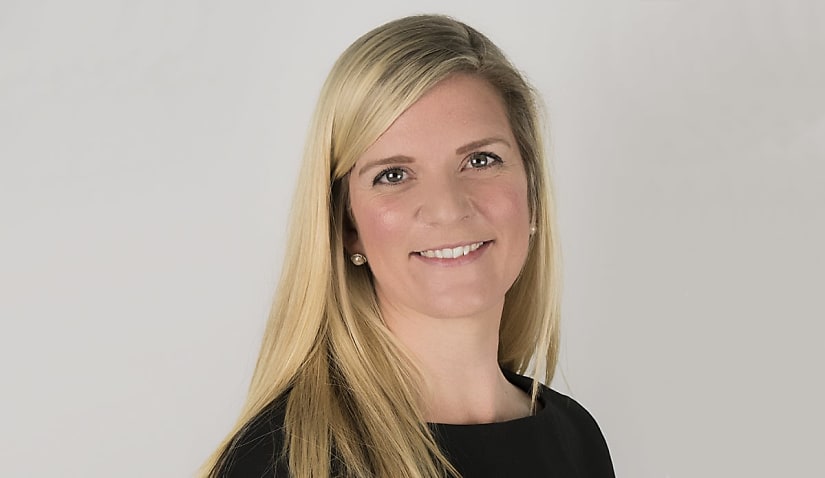As artificial intelligence continues to transform the legal profession, LexisNexis’s APAC head of legal explained how AI tools can supercharge the efficiency and capabilities of in-house teams – regardless of their level of adoption.

Speaking on a recent episode of The Corporate Counsel Show, Ali Dibbenhall, LexisNexis’s Asia-Pacific head of legal, discussed how AI and emerging technologies are redefining the capabilities of in-house legal teams, enabling them to achieve more and cover new ground than ever before.
In the same episode, she explained the critical importance of in-house legal teams adopting a structured approach to AI governance to ensure the technology is harnessed safely and effectively.
Dibbenhall highlighted that AI empowers in-house teams to expand the scope of their services and tackle larger workloads than ever before.
“AI offers teams opportunities to expand the breadth of what they can cover inside the teams,” she said.
Yet, she cautioned that the impact of AI within an in-house team largely depends on the team’s size, expertise, and skill set, noting that smaller teams naturally face limits on what they can achieve.
“Generally, I would say, as in-house lawyers, we have to make decisions based on the risk profile of our business and on the expertise that we have within the team,” she said.
“The smaller the team, the less that you can actually physically do, both because of the capacity and because that team only has the experience that it has; it only has the skill set that it has.”
Historically, she noted, an in-house lawyer’s ability to harness AI to its full potential often depends on the skills and expertise they bring from their time in private practice.
“In-house lawyers tend to arrive in-house with a particular skill set from whatever private practice background they’ve come from,” she said.
“Then they have to generalise so they learn more, usually about broad commercial aspects of a business, and maybe they can maintain their existing expertise, or maybe that gets a little bit shallower.”
Over time, Dibbenhall explained, in-house lawyers typically evolve into what she calls a “T-shaped lawyer”.
Yet, she emphasised that AI has fundamentally reshaped this trajectory, dramatically expanding both the scope and volume of work that in-house teams can now handle.
“With the advent of AI, what we have is the opportunity to find ways to increase the service, increase the scope and the volume of work that can go through the same-sized legal department,” she said.
However, Dibbenhall explained that the benefits in-house teams derive from AI often hinge on their organisation’s level of interest and readiness to adopt these technologies.
“It really depends on in-house teams’ interest and the capacity of their organisation when it comes to AI,” she said.
“So if you’re working for an organisation that is already looking at how AI is going to impact their own business operations and their day-to-day work, then those teams, I think, have a bit of an advantage.”